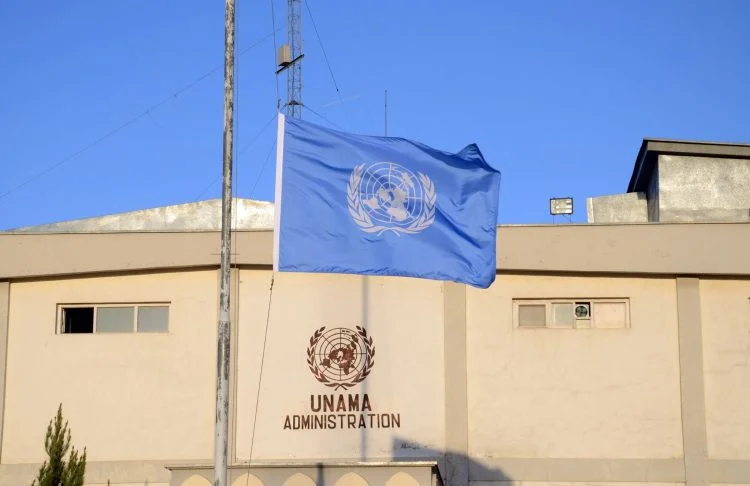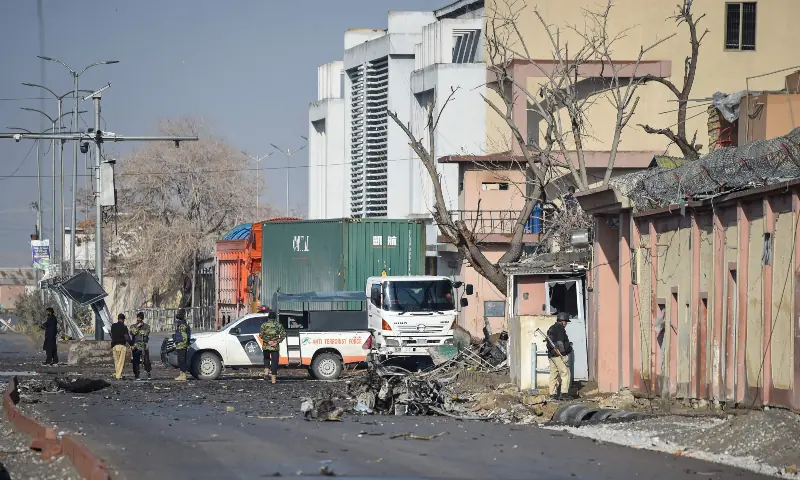
A Context-Deficient Assessment: Structural Gaps in UNAMA’s Civilian Casualty Reporting
UNAMA’s October–December 2025 report on cross-border civilian casualties presents a narrowly framed humanitarian narrative that isolates consequences from causes, overlooking the entrenched terrorist infrastructure operating from Afghanistan and its direct role in destabilizing Pakistan.









